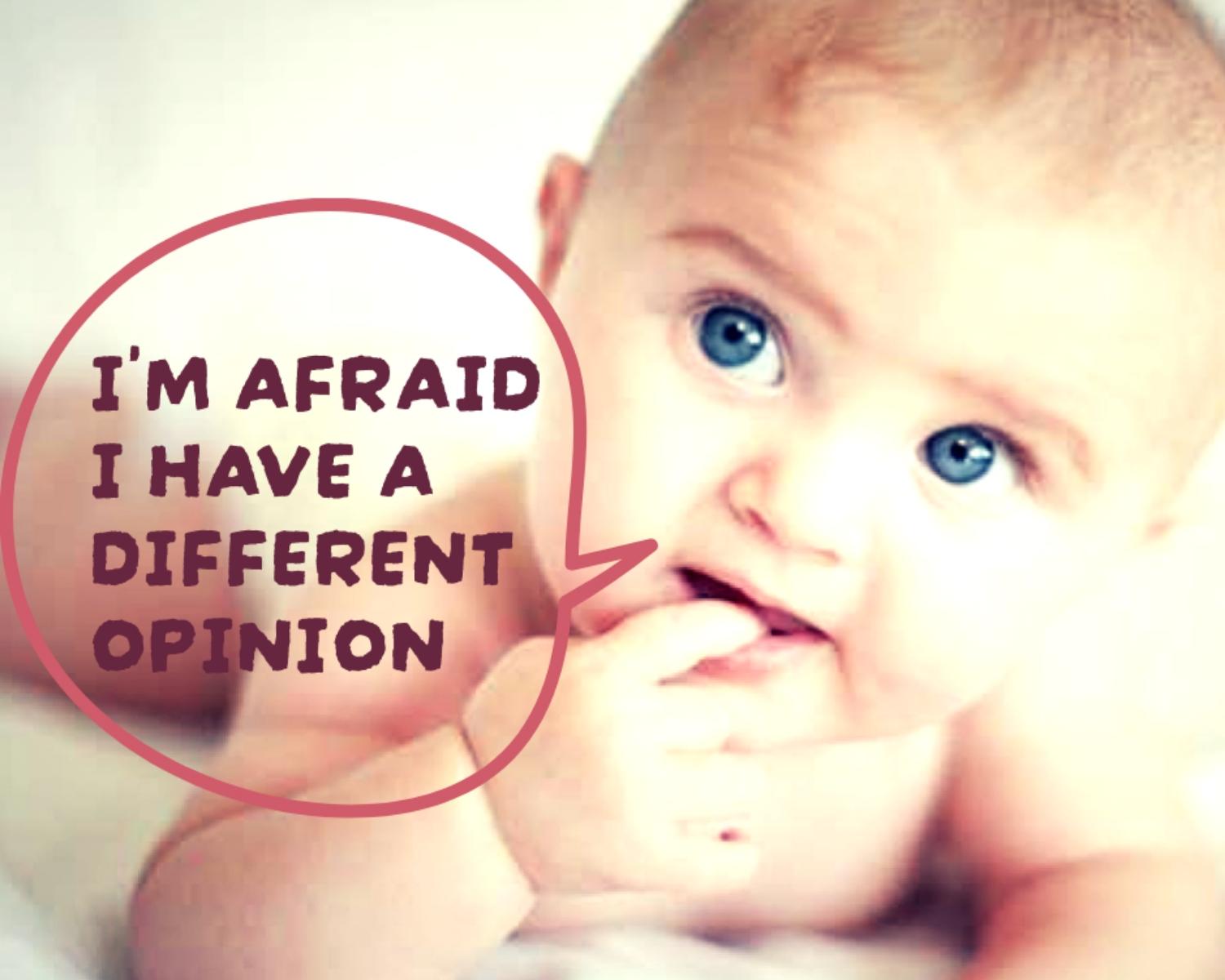Use These Phrases to Sound More Emotionally Intelligent
Curated from: lifehacker.com.au
Ideas, facts & insights covering these topics:
10 ideas
·4.25K reads
28
Explore the World's Best Ideas
Join today and uncover 100+ curated journeys from 50+ topics. Unlock access to our mobile app with extensive features.
The Cornerstone Of Emotional Intelligence
The cornerstone of emotional intelligence is the ability to perceive, evaluate, interpret, and manage emotions — both your own and those of others — and use those insights to drive positive action. This sensibility can improve everything from communication and personal relationships to effectiveness and job satisfaction. Here are some key phrases that are used by emotionally intelligent leaders.
56
619 reads
"I'm Listening" / "I Hear You"
The person you're talking to will feel more validated and valued if you confirm that they have your undivided attention.
Pair this with some eye contact and maybe a nod frpm time to time
53
547 reads
"Tell Me More"/"Can You Tell Us More About That?"
This signals your commitment to the conversation and and your desire to gain clarity minus any judgment.
Effective communicators don’t pretend they know things when they don’t, or make another person feel stupid for not expressing themselves clearly.
52
494 reads
"I Appreciate You"
While there’s nothing wrong with praise like, “looks good” or “thank you,” saying you appreciate the human being behind the work adds an extra layer of gratitude and facilitates stronger relationships down the road
If this is too far out of your comfort zone, start with its sister phrase, “I appreciate your work on this.”
49
418 reads
"I Trust You"
indicates a fundamental confidence in the decisions and abilities of another person, allowing them to deliver results and build personal morale.
People generally perform better when they’re supported and believed in, rather than micromanaged or overly questioned.
55
421 reads
What Are Your Thoughts?
Emotionally intelligent people don’t censor ideas, steamroll feedback, or presume they know more than everyone else. They don't feel insecure and they know they don't have anything to prove.
51
402 reads
"I'm Afraid I Have A Different Opinion
Being emotionally intelligent means neither creating unnecessary drama nor shying away from differences of opinion.
If your thoughts don’t mesh with your co-workers', rather than remaining silent you can say something like “I'm afraid I don’t agree” or leading with a cloying, “With all due respect,” say, “I have a different perspective.”
This opens the door to respectful dialogue and exchange of ideas. Who knows you're bringing something to the table that they didn't think to consider.
54
342 reads
"Is Everything Ok?
If someone who is usually reliable isn’t performing to their standards, put disappointment aside for a moment and genuinely ask them of they're all right. They might have a perfectly acceptable reason.
52
367 reads
"I'm Sorry"
Far from being a sign of weakness, the ability to apologise is a hallmark trait of an emotional intelligent person. Recognising mistakes, taking responsibility, and showing remorse and a desire to do better are the foundational elements of productive personal-relationship-building.
However 'sorry' is not something you can toss around everytime you miss your dealine or to get your mom to shut up. When you say 'sorry', mean it
51
292 reads
"Thanks For (Your) Understanding
Resist the tendency to over-apologise. This doesnt make you sound sorry at all. Instead, it makes you sound like everything's centred on you and your feelings
Instead of saying sorry about everyhting, try thanking someone the other person for their understanding. This shifts the focus from you onto what the other person is experiencing.
52
356 reads
IDEAS CURATED BY
Jack of all people-related trades, master of none. Majored in Psychology, Customer Service Assoc for a few Years, HR Officer for 4, Manager and ESL Teacher for over 11 yrs now, an artist since birth.
CURATOR'S NOTE
Because we tend to say the wrong things sometimes
“
Wil Powers's ideas are part of this journey:
Learn more about personaldevelopment with this collection
The importance of networking in podcasting
How to grow your podcast audience
How to monetize your podcast
Related collections
Similar ideas
11 ideas
Understanding emotional intelligence: 10 ways to be emotionally intelligent.
teevdotblog.wordpress.com
10 ideas
12 ideas
Understanding Emotional Intelligence: 10 ways to know whether you are emotionally intelligent.
teevdotblog.wordpress.com
Read & Learn
20x Faster
without
deepstash
with
deepstash
with
deepstash
Personalized microlearning
—
100+ Learning Journeys
—
Access to 200,000+ ideas
—
Access to the mobile app
—
Unlimited idea saving
—
—
Unlimited history
—
—
Unlimited listening to ideas
—
—
Downloading & offline access
—
—
Supercharge your mind with one idea per day
Enter your email and spend 1 minute every day to learn something new.
I agree to receive email updates










